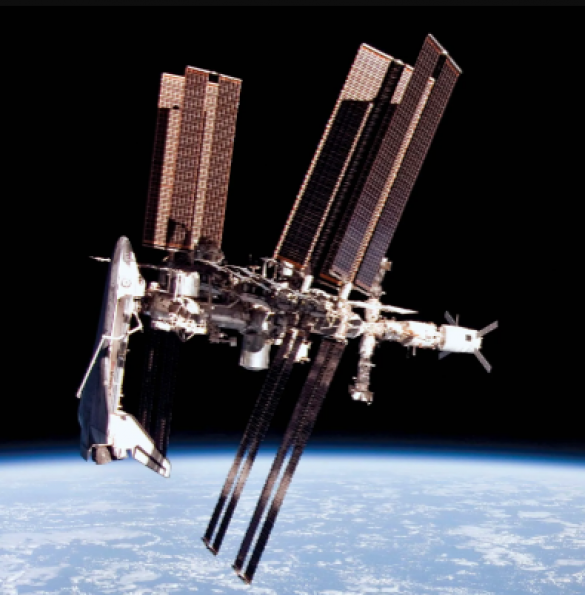
Washington: India and the United States have embarked on an extraordinary journey into the cosmos by jointly announcing plans to send astronauts to the International Space Station (ISS) in 2024. This historic agreement was unveiled by Indian Prime Minister Narendra Modi and US President Joe Biden during their meeting at the G20 summit in Rome, signifying a significant step in international collaboration in space exploration.
The Landmark Agreement
Under the terms of this groundbreaking agreement, India will dispatch an astronaut to the ISS aboard a SpaceX Crew Dragon spacecraft. In support of this endeavor, the United States will provide comprehensive training and necessary support for the Indian astronaut. The mission is expected to span approximately six months, marking a monumental milestone for both nations in the realm of space exploration.
Also Read: G20 Leaders to Convene in India to Address Global Economic Challenges
This collaboration signifies an exceptional chapter in the burgeoning partnership between India and the United States in the field of space science and technology. It also underscores India's growing ambitions and achievements in space exploration. India is currently in the process of developing its own crewed spacecraft, the Gaganyaan, with plans for its inaugural launch in 2023.
Additionally, this agreement is instrumental in bolstering the future of the ISS. While the ISS is a collaborative effort involving the US, Russia, Europe, Japan, and Canada, its funding is secured until 2024. Nevertheless, India's participation could potentially extend the lifespan and enhance the capabilities of this groundbreaking space station.
The Significance of Joint Astronaut Missions
Embarking on joint astronaut missions to the ISS entails a multifaceted, intricate, and costly endeavor. The estimated cost of the Indian astronaut's mission is approximately $1 billion. However, the investment is deemed invaluable, delivering a multitude of benefits to both nations.
Strengthened Bilateral Cooperation: The joint mission strengthens the collaborative relationship between India and the US in the realm of space exploration. It exemplifies the potential for cross-border partnerships in the pursuit of scientific discovery and technological advancement.
Also Read: Polish Minister Responds to ‘Authoritarianism’ Accusation
Promotion of International Collaboration: By sending astronauts from diverse nations to the ISS, this partnership underscores the importance of international cooperation in space research. It serves as a model for future endeavors aimed at exploring the cosmos.
Long-Term Sustainability of the ISS: While the ISS is currently funded until 2024, India's participation could contribute to the station's extended operational life. This would offer an extended platform for vital scientific research and international collaboration.
Astronaut Training for Future Missions: Astronauts participating in missions to the ISS gain invaluable experience and expertise that can be applied to future missions, including those destined for the Moon and Mars. This collaboration can help prepare astronauts for the challenges of space exploration.
Global Implications and Future Prospects
The India-US agreement to send astronauts to the ISS signifies a resounding commitment to international collaboration in space exploration. Beyond this partnership, the United States has recently forged agreements with Russia and Japan to send astronauts to the ISS. Moreover, the US is actively engaged in developing a new lunar program that will necessitate cooperation with multiple countries.
This historic agreement is a testament to the enduring spirit of exploration and scientific discovery. It reaffirms the shared commitment of India and the United States to advancing humanity's understanding of the universe. By collaborating on this mission, these nations pave the way for future endeavors that hold the potential to unlock the mysteries of space.
Also Read: US Discovers 'Surprise' Cache of ATACMS Missiles for Possible Deployment to Ukraine
In conclusion, the India-US agreement to send astronauts to the ISS is a profound milestone in space exploration. It underscores the spirit of global cooperation and marks a significant achievement for India's burgeoning space program. Furthermore, it contributes to the sustainability and scientific vitality of the ISS, offering a platform for unparalleled discoveries and future explorations.